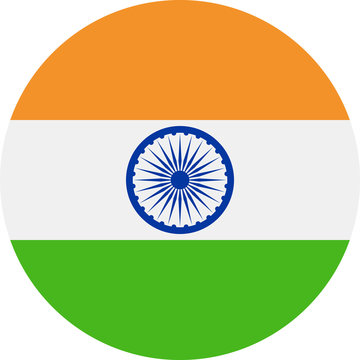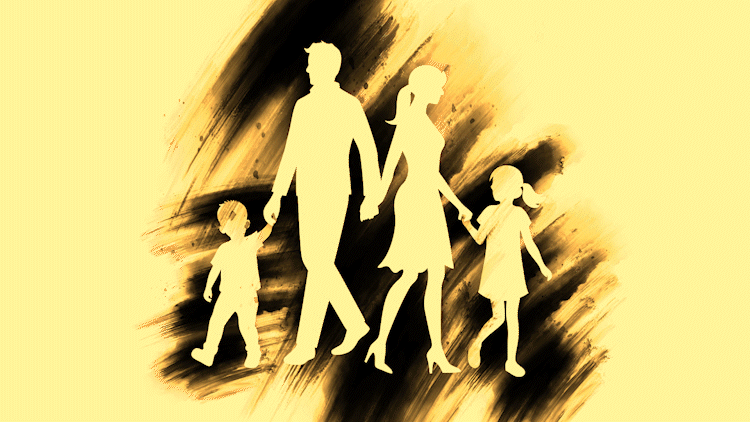Even in equal Iceland, women feel the pressure to be mums
Increased gender equality has empowered more Icelandic women to choose to remain childfree but it hasn't dampened societal expectations they will procreate.
 A growing number of Icelandic women are choosing to remain childfree, challenging traditional gender roles and embracing personal autonomy. : Ben Grayland (Unsplash) Unsplash license
A growing number of Icelandic women are choosing to remain childfree, challenging traditional gender roles and embracing personal autonomy. : Ben Grayland (Unsplash) Unsplash license
Increased gender equality has empowered more Icelandic women to choose to remain childfree but it hasn’t dampened societal expectations they will procreate.
Iceland, renowned for its progressive social policies, is seeing more women than ever choosing to remain childfree.
This trend, while reflective of increasing gender equality, has also sparked debate about societal expectations, personal autonomy and the enduring pressure to conform to traditional gender roles.
Although motherhood has traditonally been upheld as the ideal role for women, the rise in gender equality has empowered more women to choose a childfree life.
Yet, this choice often exposes women to scrutiny and the persistent tension between society’s expectations and personal autonomy.
Examining the nuances of pronatalist attitudes that assume women will become mothers, drives the “superwoman” myth.
Despite achievements in gender equality, women generally carry most of the load in running a household and family while maintaining a career.
Unintended consequences
While Iceland and other Nordic nations offer robust parental leave policies aimed at promoting gender equality, including both parents receiving six months of leave, these measures can sometimes carry an unintended pronatalist undertone, encouraging higher birth rates and reinforcing the notion that motherhood is the “natural” path for women.
The pervasive expectation that women will inevitably become mothers can create an environment where those who choose otherwise are often scrutinised and mischaracterised as selfish or anti-family.
The consequences of this pronatalism is the marginalisation of childfree women whose contributions to society outside traditional roles are undervalued.
These pervasive societal norms often stigmatise women’s decisions to remain childfree, leading to invasive inquiries and judgments.
Despite being a global frontrunner in gender equality, Iceland has a “do both syndrome” celebrating women as career achievers and primary caregivers.
This, coupled with the social misconception that women who don’t have children are failures or that they will regret not having children, can cause these women to become ambivalent about their decisions.
This stigma not only undermines their contributions to society but also pressures many women into making decisions that may not align with their true aspirations.
Some who have chosen not to have children yet feel ambivalent and postpone the decision-making process by considering freezing their eggs.
This is seen as a strategy to ward off unwanted attention from others and to mitigate their anxiety over reproductive choices. Others are comfortable with donating their eggs to help women who face infertility issues. Regardless, the predominant pressure to mother one’s genetic children remains.
This can lead to decision-making based on a desire to conform or meet the expectations of others, rather than a genuine desire to become a parent.
The deeply ingrained cultural norms linking womanhood to motherhood can compel women to have children because of expectations from their families, partners or communities.
Intense pressure
In small nations like Iceland, where population maintenance is a concern, the expectation to have children can be particularly intense.
Research shows familial expectations stem from the desire of parents to become grandparents and the concern that not having children will leave childfree women without offspring to care for them in old age.
Women may feel pressured to become mothers if their partner desires to become a parent, fearing the relationship could end if this desire isn’t met.
Such expectations can pressure women into choosing motherhood, leaving many to grapple with the mental and emotional toll of balancing many roles.
This can sometimes foster maternal regret, not of the children themselves, but of the restrictive role of motherhood
Maternal regret is a social taboo often accompanied by feelings of guilt and shame. As a socially unacceptable emotion, women often refrain from discussing their situation with others, fearing negative judgment.
Women who regret motherhood fear they would draw negative attention from child welfare authorities, make their children feel unwanted and cause rifts in their relationships.
However, children are not the object of regret. Most report loving their children but not the demands of motherhood and losing their identity, particularly time for themselves, and the responsibility of raising children.
Societal disapproval of maternal regret further isolates women, making support scarce and impacting their wellbeing. The societal narrative of motherhood as inherently fulfilling can trap women in silence.
Women in other Nordic countries also experience regret over their choice of motherhood and are judged for openly expressing this.
Normalising these conversations, both publicly and privately, could help women feel empowered to challenge the expectation that motherhood should be fulfilling by promoting diverse narratives.
To foster a more supportive environment for women’s genuine choice regarding parenthood, it’s crucial to challenge pronatalist assumptions and promote an open dialogue about reproductive autonomy.
Normalising conversations around diverse narratives of womanhood — whether that includes having children or not — can dismantle the stigma around regret and childfree choices, allowing for personal empowerment and societal growth.
Margaret Anne Johnson is a PhD candidate in gender studies in the Faculty of Political Science at the University of Iceland. Her research focuses on childfree choice and regretting motherhood. The research employs critical discourse analysis to examine the interplay between pronatalist, neoliberalist and patriarchal narratives and their influence in maintaining stereotypical gender roles.
Gyða Margrét Pétursdóttir is a professor of gender studies in the Faculty of Political Science at the University of Iceland. Her fields of expertise include gender relations, work cultures, equality within universities, work and family life, masculinities, femininities and gender-based violence.
Originally published under Creative Commons by 360info™.













